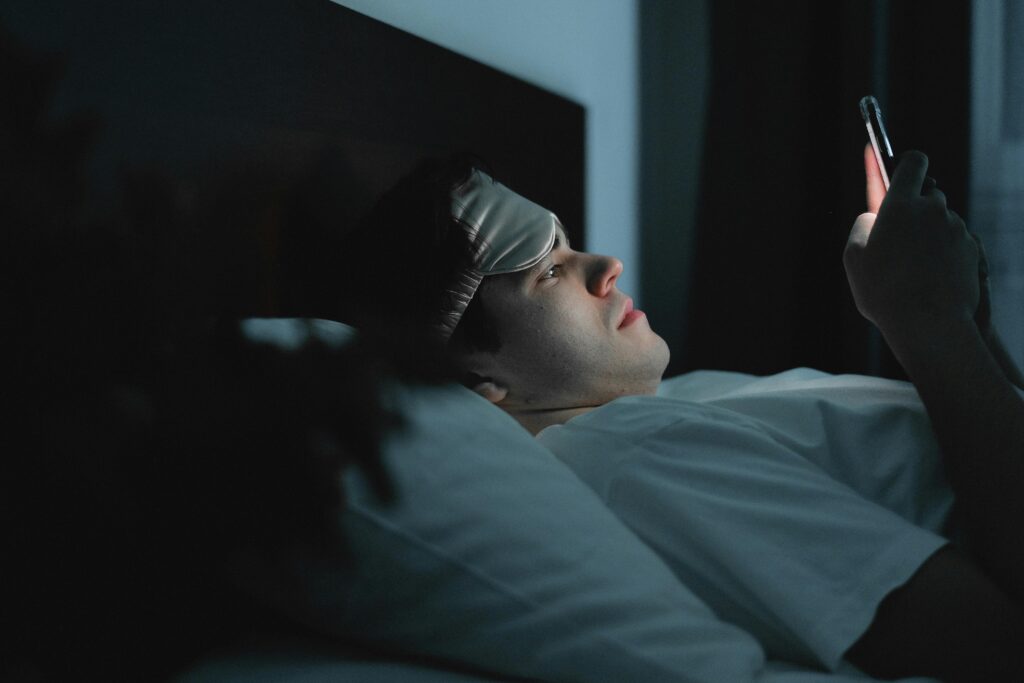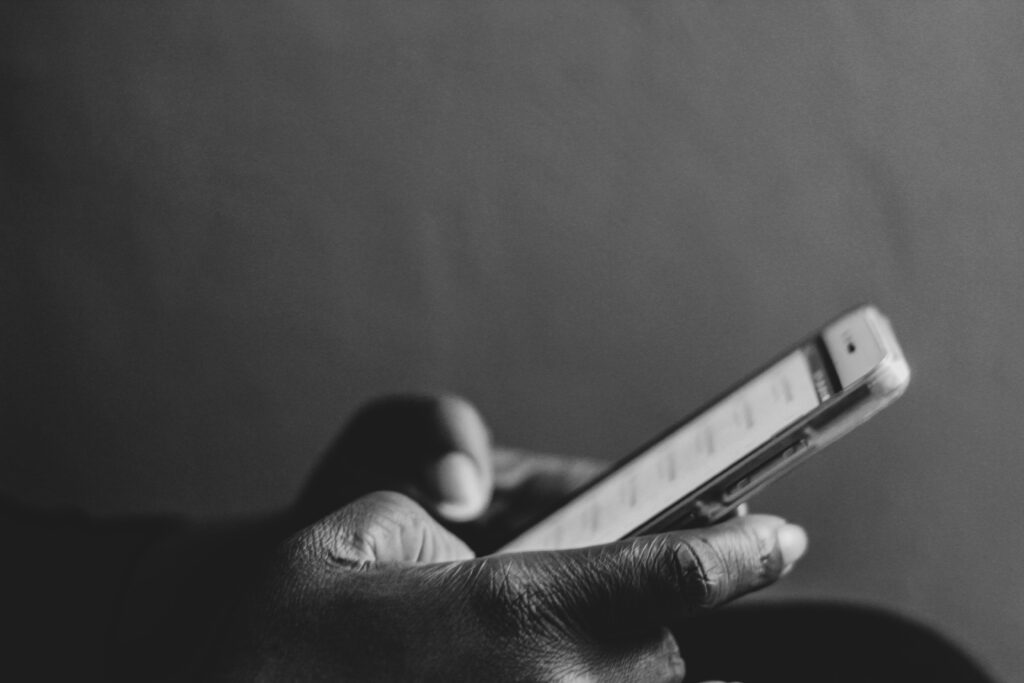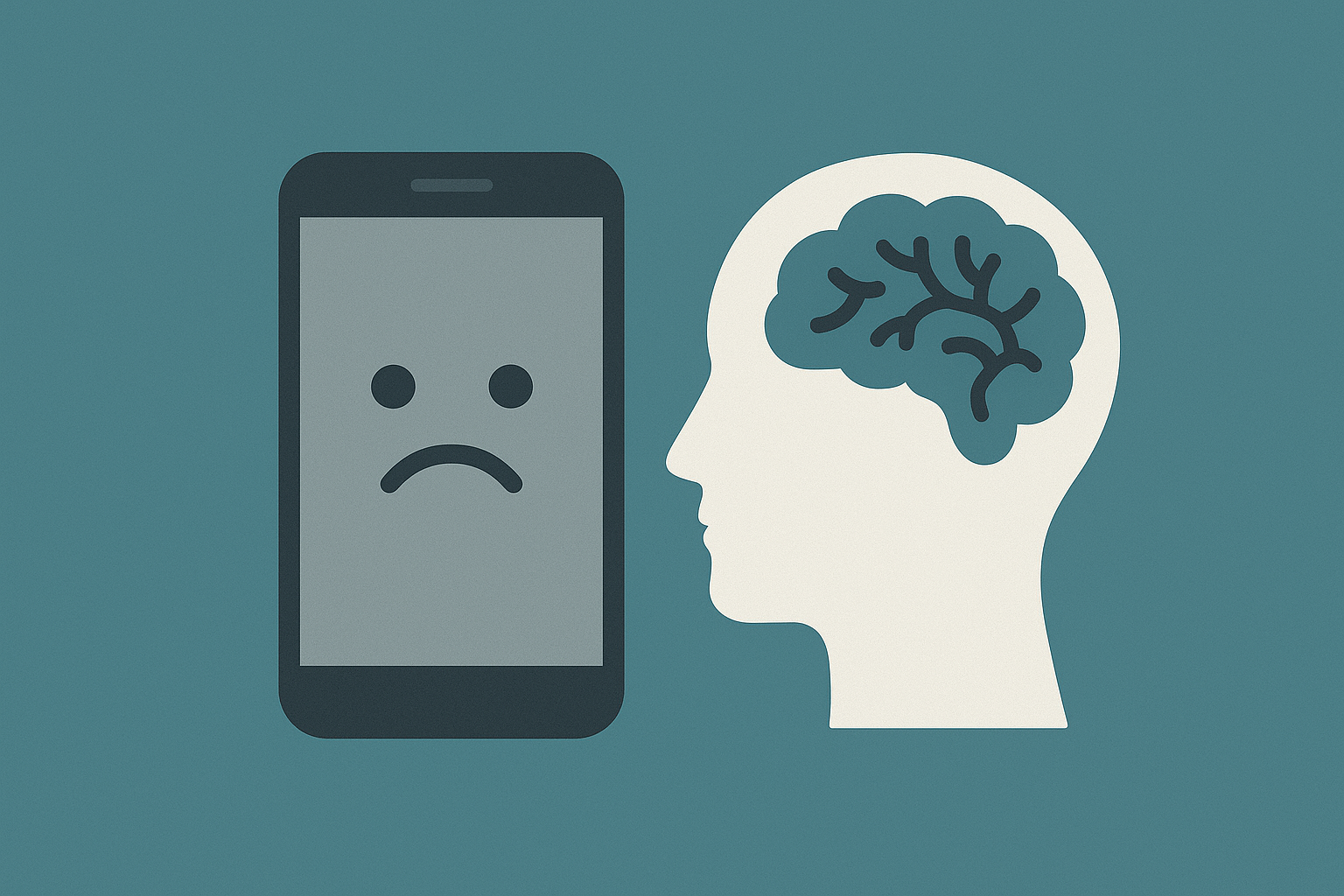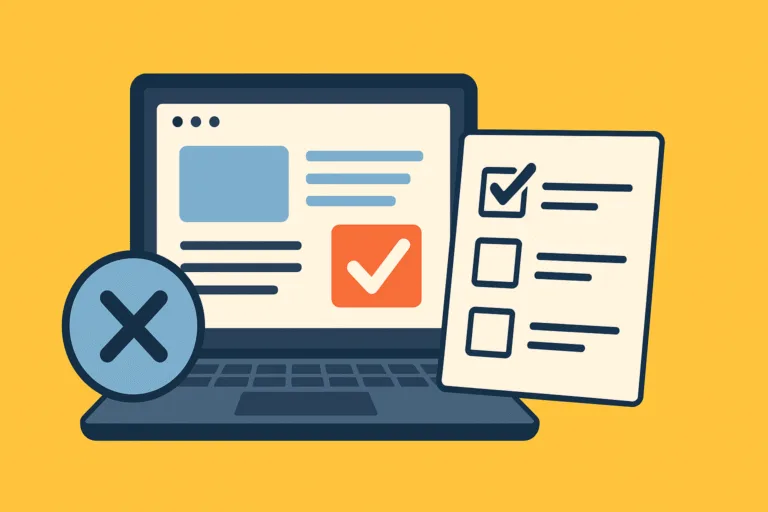Smartphones are woven into daily life, shaping how people work, connect, and unwind. From the moment many wake up, their phone is the first thing they check. Social media updates, news alerts, emails, and messages all demand attention before the day even begins. Throughout the day, screens remain a constant companion, filling every free moment with scrolling, streaming, or chatting. While smartphones bring convenience, entertainment, and instant access to information, they also come with growing concerns about their effects on mental well-being.
Many people feel uneasy without their phones, reaching for them instinctively even when there is no real need. Social media can be a source of connection, but it can also fuel anxiety, comparison, and stress. The pressure to stay available at all times can be exhausting, and constant notifications make it harder to focus on real-life interactions. As studies start to look into how much time we spend on screens, it’s hard not to wonder how smartphones might be affecting our mood, focus, and mental well-being.
Are smartphones truly harming well-being, or is it all about how they are used? Let’s take a closer look at what research and real-life experiences say about the effects of smartphone use on mental health.
The Link Between Smartphones and Anxiety
Many people feel uneasy when they are away from their phones, and this is not just a random habit. Research shows that constant smartphone use can rewire the brain, leading to increased anxiety and stress. A study published in Computers in Human Behavior found that people who spend more time on their phones, especially on social media, report higher levels of stress and emotional exhaustion. The endless flow of messages, notifications, and updates keeps the brain on high alert, making it difficult to unwind and focus on the present moment.
Psychologists describe this as a form of “brain fatigue,” where the mind is constantly processing new information without enough time to rest. The more someone checks their phone, the more they reinforce this pattern, creating a cycle of stress and distraction. Research from the University of Gothenburg found that high mobile phone use is directly linked to increased sleep disturbances, depressive symptoms, and stress levels, particularly among young adults.
One of the strangest effects of excessive phone use is “phantom vibration syndrome,” where people feel their phone buzzing even when it is not. A study from the Georgia Institute of Technology found that nearly 90 percent of people have experienced this sensation at some point. This happens because the brain has become so accustomed to checking the phone that it starts misinterpreting small muscle movements or environmental cues as notifications. This constant expectation of digital interaction can add to feelings of anxiety, making it harder to disconnect and relax.
While smartphones provide convenience, they can also keep the mind in a state of overstimulation. Over time, this can lead to difficulty focusing, increased irritability, and trouble sleeping. Understanding these effects is the first step toward finding a healthier balance with technology.
Social Media and Its Impact on Self-Esteem
Social media apps like Instagram, TikTok, and Facebook are built to capture attention and keep users scrolling. Their design, which includes endless feeds, personalized recommendations, and instant notifications, makes them highly addictive. While these platforms allow people to stay connected with friends, family, and global communities, they also encourage constant comparison. Seeing influencers, celebrities, and even acquaintances showcasing seemingly perfect lives can create unrealistic expectations, leading to self-doubt and dissatisfaction.
Research supports the link between heavy social media use and lower self-esteem. A study published in the Journal of Social and Clinical Psychology found that limiting social media use to just 30 minutes per day significantly improved self-esteem and overall mental well-being. Participants who cut back reported feeling less anxious, more focused, and more satisfied with their own lives. The study suggests that reducing exposure to curated content allows people to shift their attention away from unrealistic comparisons and focus more on real-life experiences.
Another study from the American Journal of Preventive Medicine found that people who spent more than two hours a day on social media were twice as likely to experience feelings of isolation compared to those who used it less. This happens because social media often replaces real-life interactions with digital ones, which can feel less meaningful. The constant exposure to filtered images, luxury lifestyles, and seemingly perfect relationships can make users feel like their own lives are not exciting or successful enough.
Many influencers and celebrities use professional photography, editing apps, and filters to present their best moments. While these images may look effortless, they rarely reflect reality. Studies from the Royal Society for Public Health show that social media can contribute to body image concerns, especially among teenagers and young adults. The pressure to look a certain way or keep up with unrealistic beauty standards can lead to feelings of inadequacy, social anxiety, and even depression.
These effects do not mean social media is entirely harmful, but they highlight the need for a balanced approach. Being mindful of screen time, following accounts that promote positive and realistic content, and remembering that social media is a highlight reel rather than real life can help reduce its negative impact on mental health.

Sleep Problems Caused by Smartphones
Many people end their day by scrolling through social media, watching videos, or texting, not realizing how much this habit affects their sleep. The light from phone screens, especially blue light, interferes with the body’s natural sleep cycle. Blue light suppresses melatonin, the hormone responsible for regulating sleep. This makes it harder to fall asleep and can lead to restless nights.
Research from Harvard Medical School confirms that exposure to blue light before bed can delay melatonin production, tricking the brain into thinking it is still daytime. This shift in the body’s internal clock can make it difficult to fall asleep at a normal time, leading to shorter and lower-quality rest. Over time, poor sleep patterns increase stress levels and make people more prone to anxiety and mood swings.
A study published in Sleep Health examined the effects of nighttime phone use on sleep patterns. It found that people who spent time on their phones before bed took longer to fall asleep and reported feeling more fatigued in the morning. The research also showed that those who checked their phones multiple times during the night experienced fragmented sleep, which reduces deep sleep stages essential for memory, focus, and overall well-being.
Lack of sleep does not just cause tiredness. It impacts cognitive function, decision-making, and emotional stability. Studies from the National Sleep Foundation show that adults need at least seven to nine hours of sleep for optimal health. When phone use disrupts this, it can lead to difficulty concentrating, lower productivity, and increased irritability. Over time, chronic sleep deprivation is linked to higher risks of depression and weakened immune function.
Experts suggest setting a technology curfew to improve sleep quality. Turning off screens at least an hour before bedtime gives the brain time to wind down. Using night mode or blue light filters on devices can help reduce some of the effects, but avoiding screens altogether before bed is the best way to support healthy sleep. Instead of scrolling, winding down with a book, meditation, or a calming nighttime routine can improve relaxation and promote restful sleep.

Smartphone Addiction and Its Effects on Mental Health
Smartphone addiction is becoming more common as people rely on their devices for communication, entertainment, and information. Many individuals check their phones out of habit, even when they are not expecting a message or update. This constant need to stay connected is linked to the brain’s dopamine response. Every time a notification pops up, the brain releases dopamine, a chemical that creates feelings of pleasure and reinforces behaviors. This reward system is similar to what happens in gambling or substance addiction.
A study published in Addictive Behaviors found that excessive smartphone use can lead to withdrawal symptoms when people try to cut back. These symptoms include restlessness, irritability, and trouble focusing. Another study from Frontiers in Psychiatry highlighted that individuals who spend too much time on their phones may struggle with impulse control, making it difficult to reduce screen time even when they want to.
Constant phone use also affects attention span. The habit of scrolling through social media, reading short messages, and switching between apps trains the brain to seek quick bursts of stimulation. A report from the Journal of Behavioral Addictions found that people who frequently use their smartphones for short, fast interactions tend to have a harder time concentrating on longer tasks. This can affect productivity, learning, and even social interactions, as it becomes difficult to stay engaged in conversations or activities that require sustained attention.
To break this cycle, experts recommend small changes like turning off unnecessary notifications, setting time limits for phone use, and engaging in offline activities. Creating boundaries with technology can help improve focus, reduce stress, and restore a healthier relationship with digital devices.
Also Read: At What Age Should You Consider Getting Your Kids a Phone?

Keeping Technology in Its Place
Smartphones have become a regular part of everyday life. They help us stay in touch, get things done faster, and fill quiet moments with endless entertainment. But when the hours spent staring at screens start to pile up, it can leave you feeling tired, unfocused, and oddly out of touch with the world around you. The upside? You don’t need a big overhaul to feel better, just a few small changes can go a long way.
Setting limits on social media, taking breaks from screens, and being more present in daily moments can help create a healthier relationship with technology. Instead of letting phones control every free moment, choosing when and how to use them can bring back a sense of balance. Simple habits like putting the phone away during meals, turning off unnecessary notifications, and making time for real-world connections can result in less stress and a clearer mind.
At the end of the day, technology should work for people, not the other way around. Paying attention to how much time you spend scrolling can help you feel more in charge of your day and protect your energy for the things that really matter. Smartphones are not the problem, it is how they are used that matters.




